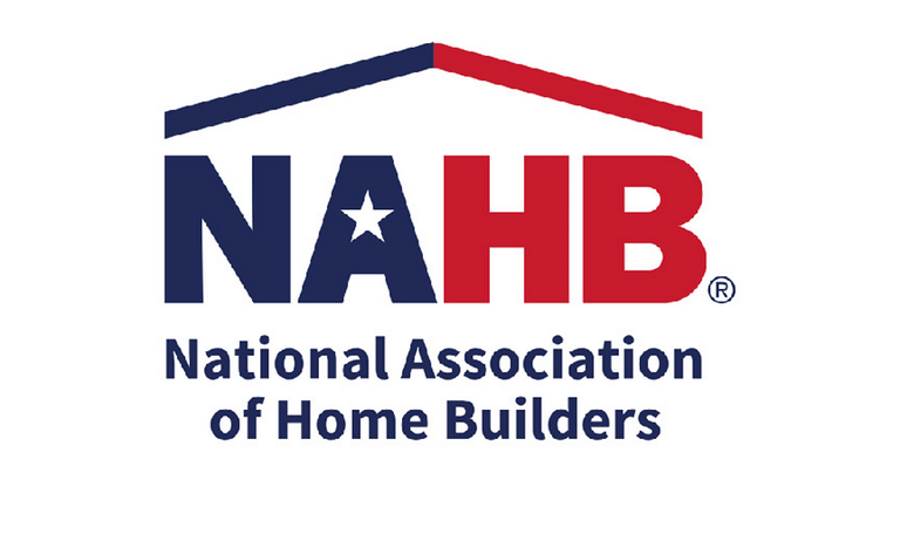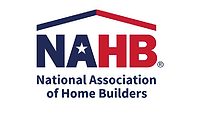New Home Sales at Highest Pace Since Sept. 2006

In another indicator that housing continues to lead the economy forward, sales of newly built, single-family homes in August topped the 1 million mark and reached their highest pace since September 2006. Sales increased 4.8 percent to a seasonally adjusted annual rate of 1.01 million units, according to newly released data by the U.S. Department of Housing and Urban Development and the U.S. Census Bureau. The August rate is 43.2 percent higher than the August 2019 pace.
"Surging sales are consistent with record builder confidence levels stemming from higher buyer traffic, historically low interest rates and a shift in demand for lower density markets," said NAHB Chairman Chuck Fowke, a custom home builder from Tampa, Fla. "However, higher lumber costs and limited building material availability in some markets signify we could see higher prices down the road."
"New home sales are now 15 percent higher on a year-to-date basis, with gains in all regions," said NAHB Chief Economist Robert Dietz. "But with inventory at just a 3.3 months' supply, more construction is needed. The challenge will be whether materials and labor are available."
A new home sale occurs when a sales contract is signed or a deposit is accepted. The home can be in any stage of construction: not yet started, under construction or completed. In addition to adjusting for seasonal effects, the August reading of 1.01 million units is the number of homes that would sell if this pace continued for the next 12 months.
Inventory fell to a 3.3 months' supply, with 282,000 new single-family homes for sale, 40 percent lower than August 2019. The current months' supply is the lowest in the history of the data series going back to 1963. Of the inventory total, just 54,000 are completed, ready to occupy. The median sales price was $312,800. The median price of a new home sale a year earlier was $327,000.
Regionally, on a year-to-date basis new home sales were up in all four regions: 23.6 percent in the Northeast, 23.6 percent in the Midwest, 13.9 percent in the South, and 12.4 percent in the West.
For more details, visit nahb.org.
Looking for a reprint of this article?
From high-res PDFs to custom plaques, order your copy today!








